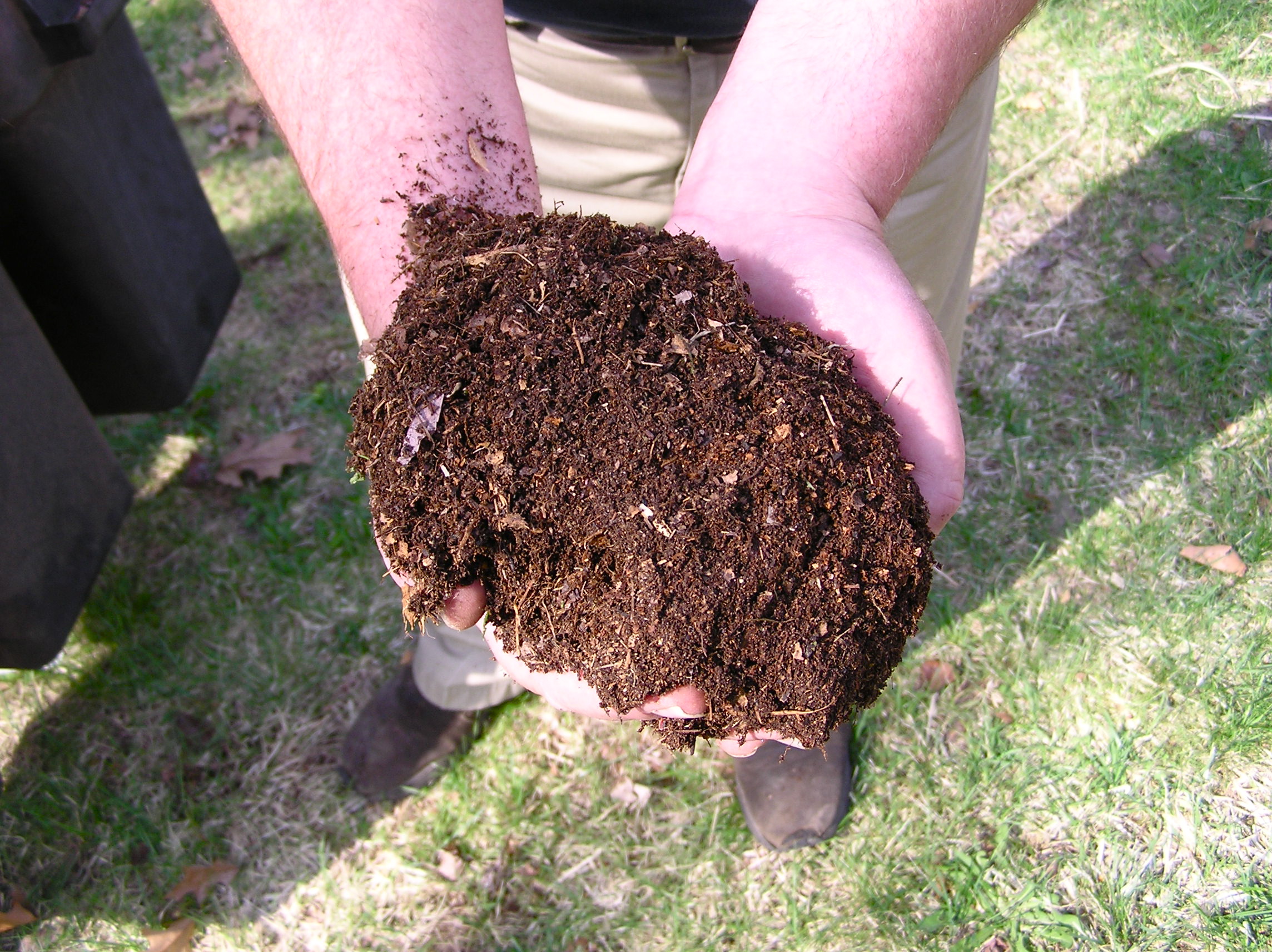Continuing to address grower needs: Focus on awareness, connectivity and confidence
Since the beginning of VegNET Phase 2, the VegNET – Victoria (South-East, West and North) team has undertaken extensive analysis to understand what exactly the Victorian vegetable industry is missing, in terms of Research, Development & Extension, and what it should be delivering to ensure the greatest benefit to growers. VegNET Regional Development Officer Hugh Wardle reports.
The VegNET – Victoria (South-East, West and North) team has developed a new five-year Regional Extension Strategy to address the priority issues of Victorian growers, which include water, profitability, pests and diseases, soil and nutrition management, and precision agriculture.
The strategy will:
- Raise awareness and improve knowledge.
- Improve connectivity and broker partnerships.
- Increase confidence and decision-making ability.
The strategy will be focusing on the following three areas over the next 12 months: water – soil moisture monitoring and retention; profitability – resource use optimisation; and pest and disease management – native vegetation insectaries.
Managing soils for summer crops
Healthy soils are important to manage more actively as summer crops go in the ground. One way to do that is to use organic amendments or compost. The benefits of applying compost to farming systems are well-documented in scientific literature. The VegNET team has disseminated some of this information to make it practical and relevant for growers.
Compost application can have a range of benefits to vegetable production; however, there can be a number of risks, especially with compost quality and food standards. The following is a brief overview of the things to keep in mind when considering composts for your farm:
- Compost application has the potential to influence a number of soil functions and can improve the overall fertility of soils.
- Ongoing applications can result in better nutrient cycling, increased microbial activity, and a range of improvements to soil structure.
- To avoid major risks associated with compost application (including consistency and quality) ensure your product is sourced from reputable suppliers who are certified (AS 4454- 2012).
The full resource entitled The ‘breakdown’ on composts can be found here.
On-farm insight
To demonstrate exactly how compost benefits farming systems – and the problems it’s likely to alleviate – the VegNET team has collaborated with the Soil Wealth and Integrated Crop Protection Werribee demonstration site.
To gain a better understanding of what’s happening within the soil, precision agriculture (PA) technologies have been used to show exactly where specific issues are within the site.
The use of EM38 mapping and gridded soil sampling identified the areas of concern in relation to sodicity and salinity, and enabled the targeted use of appropriate ameliorants to address variations within the soil.
Information relating to the use of PA technologies in soil management, and how best to interpret the results, have emerged from a case study entitled Translating precision agriculture (PA) data.
Details about the study can be found here.
Upcoming events
Understanding the specific nutrient composition of the variety of organic amendments on the market is difficult, with little information currently available.
A research project led through La Trobe University and Queensland University of Technology aims to bring clarity to this, through the development of a compost nutrient calculator app.
As part of the project, several trial sites have been set up throughout the country. The team will keep you up-to-date with the progress of the project through upcoming virtual vegetable trial site visits, a webinar with the researchers, and a follow-up industry article.
Find out more
For further details – including information relating to the five-year Regional Extension Strategy – please contact VegNET – Victoria Regional Development Officer Hugh Wardle on 0427 109 057 or hughw@rmcg.com.au.
VegNET – Victoria (South-East, West and Northern) is a strategic levy investment under the Hort Innovation Vegetable Fund.
This project has been funded by Hort Innovation using the vegetable research and development levy and contributions from the Australian Government.
Project Number: VG19012
This article first appeared in Vegetables Australia – Summer 2020/21. To read the full publication, please click here.

